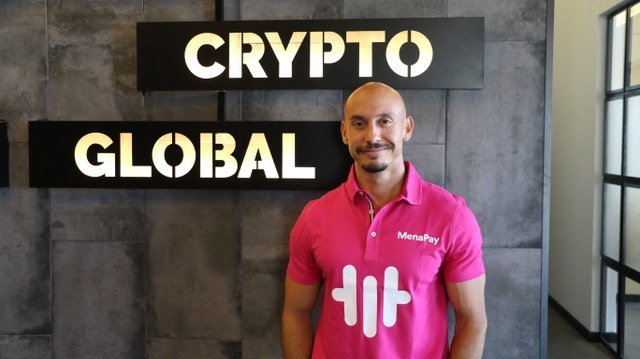United Arab Emirates-based ADAB Solutions palms off with promises to launch the First Islamic Crypto Exchange (FICE).
According to their website, the company has completed 6 out of 13 steps on their roadmap to becoming a fully operational ‘Halal’ Crypto Exchange. Rough expectations of ADAB Solutions are that by 2020 the platform will produce $146 million in daily turnover reaching $4.4 billion per month. Their estimates are not coming from thin air; according to DailyNews, the Islamic Finance Market has been growing 10%-12% every year for the last ten years and will reach $3.5 trillion by 2020. At the same time in July 2018, Thomson Reuters, an analytics platform, has already estimated its value at $2.3 trillion. Currently, the company is running an ICO for their ADAB tokens which will be concluded in February 2019. At the moment the price of an ADAB token is $0.1 but the company forecasts an increase up to $11.5 by the end of 2022. To provide the clients of the exchange with ‘Halal’ only cryptos, ADAB has formed a department specializing in Islamic Finance and Shariah Advisory Board. The exchange has promised not to list tokens related to gambling, exploitation, immoral services, alcohol, tobacco, and Ponzi schemes.
Being a Shariah compliant Islamic finance institution is a matter of debate. First of all, companies need to operate accordingly and prove that their methods fit the Shariah rules.
( )
)
iHodl reached to Mr. Burak Erdir, the Business Development Director at Menapay which works on an Islamic Finance compliant payment solution for MENA region.
“Distinct rule of Islamic Finance is that you can’t make money from money. Meaning that when a token is bought it is not fitting to Islamic Finance if this token gains more value by itself,” said Mr. Erdir.
Basically, the Shariah-compliant tokens should not be used for gaining profit from the changing prices, but serve purposes of an investment utility for their owners. Investors benefit from the shared revenue only.
“The methods of generating revenue with tokens do not include any interest gaining. This money is interest-free. Large sums of money are held in baskets of gold, different fiat currencies, and liquid real estate assets. The nature of the blockchain technology and the revenue-sharing nature of tokens are parts of the commitment to the Islamic finance compliance approach. Any P2P transaction witnessed by two parties is considered to be compliant with Islamic jurisprudence, so long as there is no financial interest within that system,” — he explained.
He also underlined that there aren’t many ‘Halal’ tokens, and mentioned without naming them that the existing ones are either poorly executed or plain scams that don’t even have proper teams. So who decides what is ‘Halal’ and which project complies with Islamic finance rules?
Mr. Erdir explains that there is actually an authority for that. The Shariyah Review Bureau checks and approves applicable projects issuing a Sharia Certificate. After such certification, the reliability depends on how projects reach out to people and whether they are able to prove that their methods indeed fit the Shariah rules.
“…many things can be said [to challenge the Islamic Finance complience], it is important to answer them correctly and obtain necessary certificates from such associations,” Mr. Erdir commented.